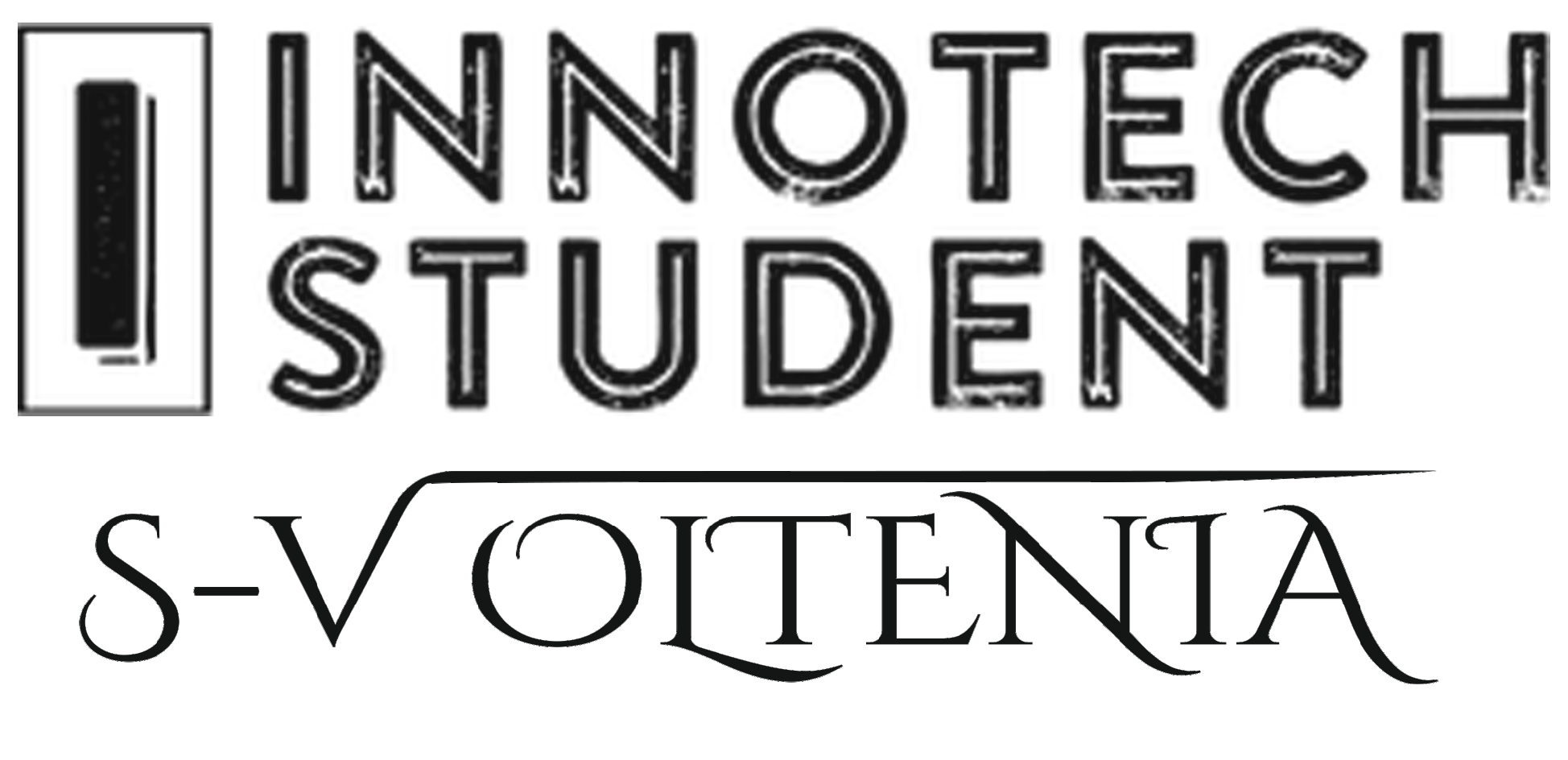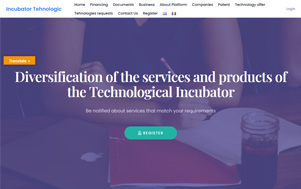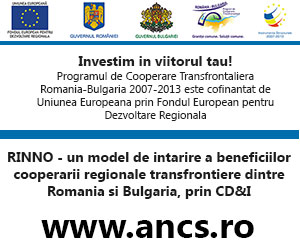Enhancing Lifelong Learning for the Electrical and Information Engineering CommunityExecutive Summary
The implementation of the Bologna process offers us a chance to create a European dimension of our EIE Degrees (Electrical and Information Engineering) in the World Wide education area by a harmonisation of our curricula, strengthen the links and sharing the means between European High institutions. The first objective of ELLEIEC is to develop a virtual European Centre for Entrepreneurship Education in Electrical and Information Engineering with an internal e-learning assessment offer which will be a reference point for any applicant in the Lifelong learning framework. The second one is to study through some experiment and survey recognition process to gather good practice in the design of International cooperation master and bachelor levels. In same time, a study on the way to open the PhD student access to lifelong learning, meaning a possibility for engineers within a company to move back to studies and prepare a thesis, will be analysed around European countries. The benchmark will be used to analyse the recognition systems needed to ensure the credit transfer of an informal learning outcomes.
The consortium is composed of 60 partners from all around Europe. Our project will establish, as the main output, a virtual centre for the development of enterprise skills and competencies and investigate and report on the implementation issues and impact of Lifelong Learning on the employability of people over Europe in the Electrical and Information Engineering field.
Our target groups are:
- Partners involved inside the consortium,
- Professional engineering associations and Life Long Learning institutions,
- Teacher and researcher in European higher Education institutions,
- Students and learners in European universities,
- Doctorate school and PhD student,
- Individual who wishes to develop their enterprise knowledge and skills in the Electrical and Information Engineering discipline area.
During the life of the project some experiments on the following set of tools, will be tested through the Gateway:
- A gateway for individual who wishes to develop their enterprise knowledge and skills in the Electrical and Information Engineering discipline area,
- e-learning gateway,
- A degree framework for emerging job market needs in some domain of the EIE field,
- A showcase for PhD student position, startups and European Degrees,
- Experiment in joint mobility network design at Bachelor and master level through Erasmus Programme, possibility for students to practice a double-exchange.
- An Observatory of good practice in standardize recognition of study periods,
- A methodology for an assessment of e-learning enterprise courses compared to more classical delivery methods.
The sustainability will be ensured by providing these outcomes through a Web portal which will be hosted by the EAEEIE association as a Gateway for our discipline (www.eaeeie.org). The result will provide a research dimension both to our consortium and to the EAEEIE European association which will host our results. All these aims and objectives could be reached by providing some tools on a central Gateway based on a set of experiments.
Project Objectives
For a giving institution, recognising an Intensive training or a web based course is a common situation when it concerns a part of an internal pedagogical resource given for a certain amount of ECTS. With an Erasmus agreement, External learning resources could be validated by a classical mobility after a long pedagogical and administrative process and usually for a consequent amount of ECTS. We can notice that in this case, it is the sending institution that set the number of ECTS and record the result for its own degree. Erasmus find is advantage in the development of strong partnership between 2 institutions after a long shared experience for formal learning. In the Lifelong learning spirit, recognition problem is more concerned by learning in non-formal and informal knowledge gained from an external body. With the Lifelong learning programme, Europe has shown how it is a crucial point to find a framework for identification and validation of these ‘invisible’ learning outcomes. With its impulsion, lots of European projects have been launched in the two following topics:
- Inventory of validation of non-formal and informal learning has been produced with Cedefop, with a detailed survey of developments in European countries,
- European Qualification Framework for lifelong learning (EQF).
Unfortunately, it is the institution which decides the way of recognition at the last resort through a dedicated commission without always a clear view of European new process available. Â
Finding a system who will give the opportunity to a learner to take advantage of external learning provider with full ECTS recognition will bring to Europe a valuable diversity and specificity to the qualification of employer and future one.Â
The original idea is to link our work to some experimental benchmarks and to launch a set of survey around European countries. All the activities done in this project will follow these objectives:
- to faster exchanges of information on educational systems by a central Gateway,
- to standardize recognition of diplomas, qualification and study periods
- to stimulate student and staff exchange and startups cooperation
- to develop joint mobility network and teaching materials
- to participate in mutual quality assessment of e-learning tools
ELLEIEC will mainly deal with the following types of informal learning which are more and more available in HIE institution, companies, start-up and work-shop seminar & conference:Â
- Web based course: with the democratisation of the Net, teacher are designing valuable web courses,
- Vocational Intensive course: mainly dedicated to employer learner in less than one week period duration.Â
Effectively these kinds of informal learning are usually not considered and the workload ranges are close to 1 or 2 credits witch is far from the adopted level of a classical formal course in HIE. To take account of this fact, the main output of task 3 will be the design of a Virtual Centre for Enterprise – Centre of Entrepreneurship. The Virtual Centre will provide learners with the opportunity to develop their competence in small, bite-sized pieces as and when they need them or as part of a planned overall learning strategy.






